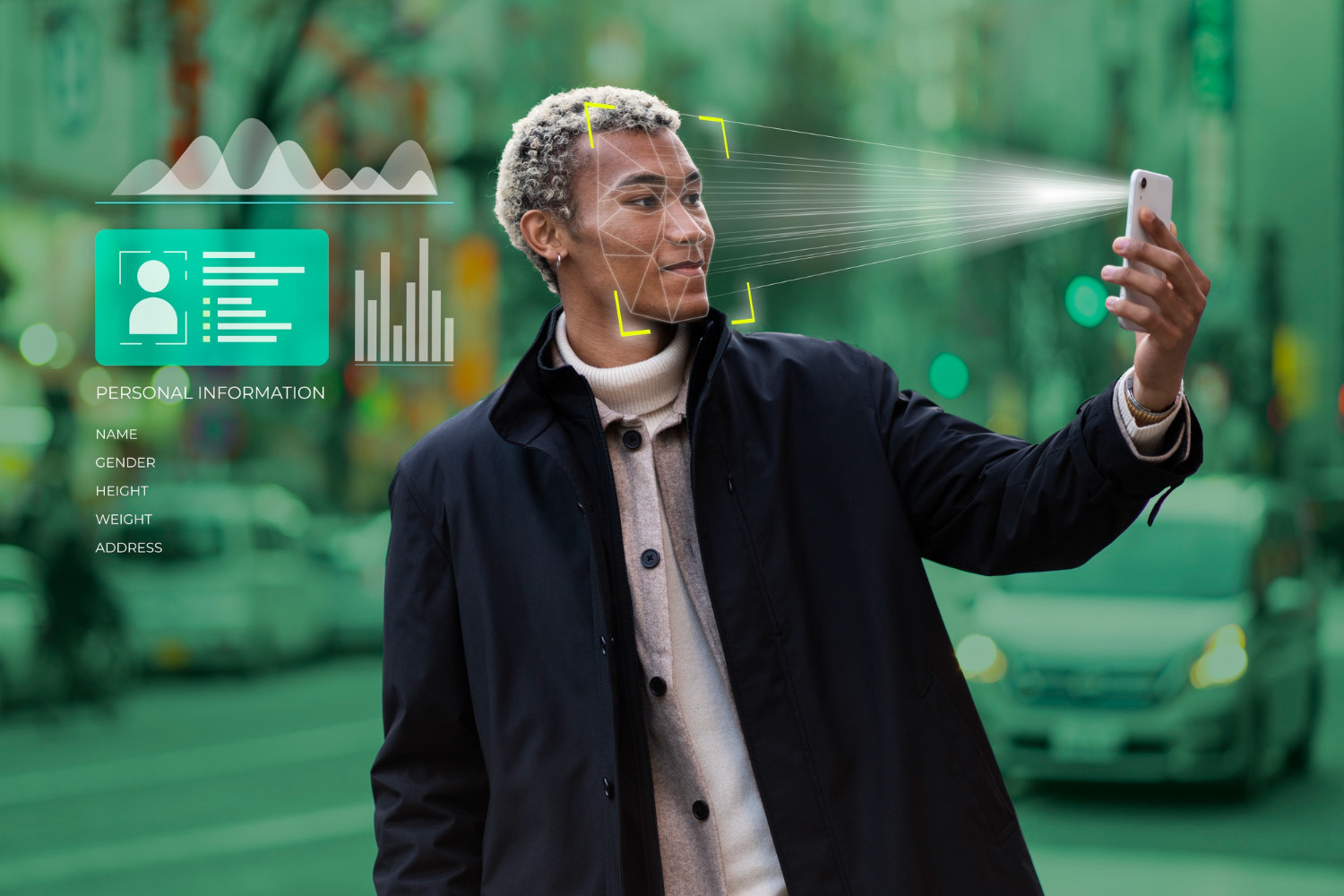AI-driven matchmaking platforms have completely transformed the way people find connections by using machine learning and behavioral analytics to enhance compatibility and user experience. However, as these networks grow and offer innovative solutions to their users, concerns about identity fraud, safety, and fake profiles also increase. Thus, background checks play an essential role in helping dating apps verify users’ identities, detect risks, and build a trustworthy community. Robust background checks not only safeguard users but also improve the platform’s reputation and increase user retention. Robust background checks safeguard users while also improving the platform’s reputation and increasing user retention.
This article examines how background checks enhance safety on AI-driven dating platforms, the types of checks used, and their role in preventing scams and fake profiles. The section also covers how matchmakers can build and maintain trust through transparency, the privacy and consent safeguard measures during background screening, and the legal and ethical frameworks that regulate these practices. Whether you’re managing a dating app, concerned about user protection, or a product manager, this guide provides clarity on the importance of background checks in creating a safer online dating environment.
How Do Background Checks Enhance Safety in AI-Powered Dating Platforms?
Background checks are crucial for improving safety on AI-powered platforms by confirming user identities and revealing possible threats. These checks integrate identity verification, criminal record screening, and fraud-detection signals to reduce impersonation and scams, thereby strengthening users’ trust and confidence.
The process involves cross-referencing submitted identity documents and biometric data with public records and behavioral signals, enabling matchmakers to spot discrepancies before any harmful interactions take place. The key benefits are lower fraud rates, transparent verification cues for users, and strong protection against repeat scammers.
What Types of Background Checks Are Used in AI Matchmakers?
There are various types of background checks to create a comprehensive risk profile for each user. Together, these checks help verify identities, uncover potential threats, and improve safety.
The primary types include:
- Identity Verification: This process includes capturing official documents, applying OCR (optical character recognition), and using biometric facial recognition to verify that the submitted photo matches the ID. This approach helps prevent identity fraud and account takeovers.
- Criminal-history and sex-offender registry screening: These checks look through public records for any convictions or registrations that might affect user safety. Coverage and accessibility may vary depending on legal jurisdiction.
- Social media and public-record searches: This technique involves providing extra insight by confirming consistency throughout a user’s online presence. However, these checks must follow strict privacy measures to ensure user data is respected and data minimization rules are followed.
Integrating these checks enhances match precision and minimizes the risk of unsafe interactions by connecting identity data with behavioral insights.
How Do Background Checks Prevent Fake Profiles and Scams?
It is an efficient way to prevent fake profiles and scams in the dating scene by verifying identity details, using fraud detection tools, and monitoring behavioral patterns to spot irregularities before profiles go public. Also, fraud detection systems identify suspicious actions like mismatched profile info, unusual messaging, or rapid connection attempts.
When automated checks flag a high-risk user, the system can initiate a manual review or temporary account hold, preventing deepfake or catfishing attempts from progressing. By integrating automated checks with escalation policies, matchmaking platforms can build robust defenses that reduce scams and promote safer interactions among users. These preventive measures strengthen platform credibility and create a secure environment for online matchmaking.
How Can AI Matchmakers Build and Maintain User Trust Through Background Checks?

AI matchmakers build trust by openly communicating the background check processes, obtaining clear consent, and offering users transparent controls to see what checks were performed and their purpose. Transparency can be shown through verification badges, simple explanations of background checks, and easy access to dispute or appeal options, all of which strengthen user trust in the platform.
Before any background checks take place, users should receive full disclosure and give their explicit consent. They should understand how their data will be used and have the option to restrict the scope of checks to retain control over their personal information.
Adopting these practices helps AI matchmakers convert verification data into strong trust indicators that promote safer interactions and boost user loyalty.
Key trust-building tactics include:
- Transparent consent screens that explain the reasons and extent of background checks.
- User-friendly verification status icons and detailed descriptions for each badge.
- Simple dispute and remediation processes allowing users to fix mistakes.
These measures reduce friction while ensuring safety and help build a reliable environment for every user.
What Privacy and Consent Measures Protect Users During Background Checks?
User protection requires collecting only essential data and ensuring all sensitive information is securely stored with encryption and strict access controls. Platforms must define clear retention policies that explain the duration for keeping background check data and the reasons for the storage. Also, using techniques like anonymization and hashing limits data exposure when verification details are shared internally. These privacy-focused strategies complement background checks by protecting user data and ensuring compliance with data protection laws.
What Are the Legal and Ethical Considerations for Background Checks in AI Dating?
Background checks conducted on AI-driven dating platforms must comply with privacy laws such as GDPR, CCPA/CRPA, and FCRA when applicable. These regulations obligate platforms to get lawful consent, respect data subject rights, and process only the data needed for verification and user safety.
Adhere to ethical guidelines that emphasize fairness, appropriate measures, and accountability in automated decision processes. Matchmakers should watch for bias in automated decisions, ensure human review for high-impact cases, and provide clear appeal options to address any mistakes. These legal and ethical principles ensure background checks enhance safety without compromising fairness, privacy, or user trust.
Comprehensive background checks go beyond security; they serve as a strategic tool that builds trust, prevents fraud, and improves user experience. When done with care and openness, they help platforms and users build confidence in each connection, fostering safety and credibility across digital matchmaking.







